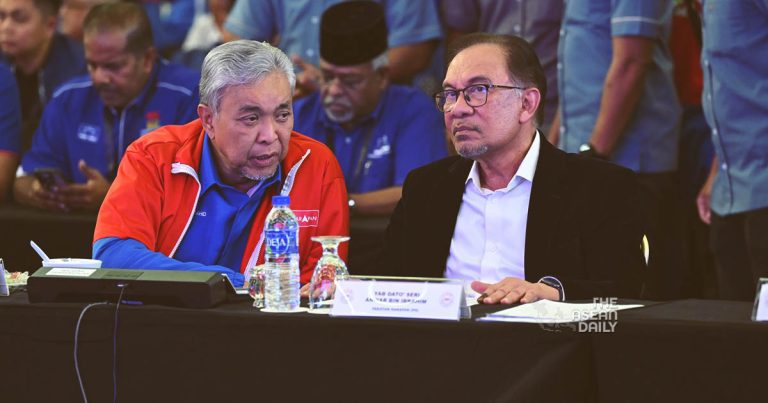16-8-2023 (KUALA LUMPUR) The recent state elections in Malaysia have sparked discussions about the role of the United Malay National Organisation (UMNO) within the ruling coalition led by Prime Minister Anwar Ibrahim’s Pakatan Harapan (PH) alliance. While the party has faced challenges in recent times, UMNO’s secretary-general, Asyraf Wajdi Dusuki, argues that labeling it a “liability” based on the election results is an oversimplification.
Dusuki believes that the cooperation between PH and Barisan Nasional (BN), of which UMNO is a part, is still in its early stages and should not be judged solely on the outcome of the state polls. He points out that UMNO’s consistent appeal to its voter base is evident in the party’s ability to retain states like Selangor, Negeri Sembilan, and Penang.
The recent state elections marked the first time that PH and BN worked together, and it was seen as a crucial test for the unity government. However, UMNO’s performance in the elections was not as strong as expected. Out of the 109 seats it contested in the six states, UMNO won only 19, while the opposition made significant gains in PH-BN coalition-controlled states.
Dusuki acknowledges that there were gaps in UMNO’s approach to the state elections, including a lack of a coherent and resonating message. To overcome these challenges, he suggests that the party should adopt a more data-driven approach to electioneering by utilizing big data analytics to understand voter sentiment, preferences, and key issues.
Furthermore, Dusuki emphasizes the importance of engaging with disillusioned voters, strengthening alliances, highlighting the shortcomings of Parti Pribumi Bersatu Malaysia (which is part of the ruling coalition), and reinforcing engagement with grassroots supporters. He believes that these strategies, coupled with drawing inspiration from the Quran and the teachings of great Muslim thinkers, can help UMNO overcome its challenges and secure a brighter future for Malaysia.
While UMNO has undoubtedly faced obstacles, Dusuki argues that they are not insurmountable. Given the party’s deep-rooted connection to the Malay community and its historical significance, he believes that UMNO has the potential to rise and shape a forward-looking path for the country.
As the PH-BN alliance continues to develop and solidify, time will tell how UMNO’s role within the ruling coalition evolves. The recent state elections have provided valuable insights and lessons for the party, and it is now up to UMNO to capitalize on these experiences and navigate the political landscape of Malaysia.




